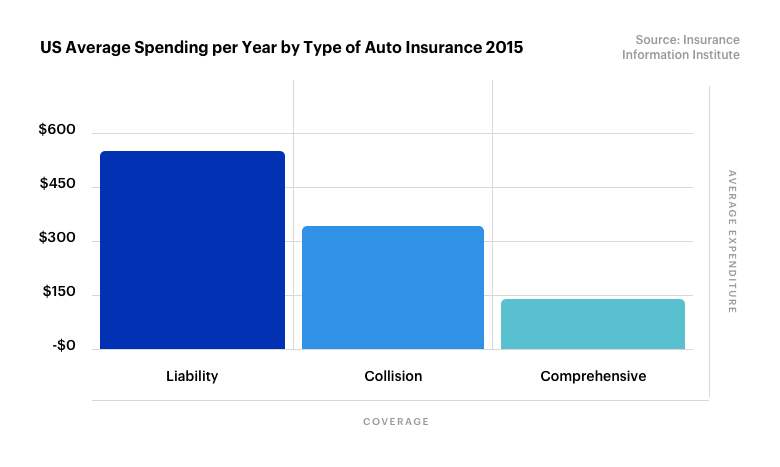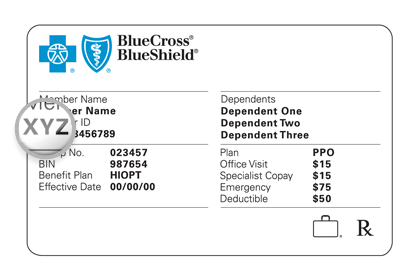The insurance industry is insurance coverage representatives using items on behalf of insurance companies. Agents earn money a commission by the insurance coverage company to offer their items. Some agents work as brokers, others operate in a group setting or are captive (devoted to one insurance provider). To sell insurance coverage of any kind there are normally two requirements. A base pay. Commission. A reward or reward. All 3 of these payment techniques define how insurance representatives get paid. However, which payment methods apply depend upon: Agent typeExperienceLocation Insurance agents are paid in a different way depending upon if they are captive or independent. Here's how to discriminate in between the 2: This type of representative works solely for one particular insurance coverage company.
They get leads from the company and represent the products it sells. This type of agent offers items from numerous insurance provider. They do not have a loyalty to any one insurance provider and usually work in their own workplace or as part of an independent company. However they do participate in an agreement that provides binding authority to sell insurance coverage policies on the behalf of various insurer.
Independent representatives can grow their book of company much faster than captive agents since they are more participated in their community and offer more customized service. They can frequently earn higher commissions however get little to no base pay. With both types of insurance coverage representatives, the specific agent serves as an intermediary in between the client and the insurance coverage company.
The payment structure of an insurance agent is influenced by where they work. Those who work as a sales agent for one insurance provider, representing only that insurer's products, generally earn money in among three ways: Salary onlySalary plus commissionSalary, commission and https://telegra.ph/how-much-does-an-mri-cost-with-insurance-things-to-know-before-you-buy-12-19 perk Agents who work for an independent insurance coverage company selling items from selected companies usually make a little income and commissions, OR an income plus a perk if the agency satisfies its objectives.
The 2017 median annual wage for an insurance coverage agent is $49,710 and the per hour wage is $23. 90 per hour, according to the U.S. Department of Labor's Bureau of Labor Statistics, New representatives make less than $27,180, while those with years in the organization can make upwards of $125,190. Together with a base wage, captive representatives also receive an employer-sponsored benefits package, in addition to supporting personnel, office equipment, advertising and marketing initiatives.
An agent's base commission depends numerous factors like: The line of insuranceThe number of new policies soldThe variety of renewing policiesThe commission structure, if any, of the insurer or company Captive representatives generally make a 5% to 10% commission for each auto and house insurance coverage they sell. Each time the policy renews, they receive a repeating commission, which is normally less than the preliminary commission.
Independent agents make more in commission than captive agents because they either receive no base wage or a very little one. According to the Independent Insurance Agents & Brokers of America, Inc. (IIABA), independent representatives generally earn the following variety of commissions on these policy types: In between 8% and 15% of a brand-new policy's very first year premium and between 2% and 15% at the policy's renewal.
Facts About How To Become An Auto Insurance Agent In California Revealed
Given that life and health insurance coverage commissions are front-loaded, representatives normally don't get a commission after the third policy renewal. At times, hostage and independent agents might earn contingent commissions, which are incentive-based. Insurance provider or agencies might set certain goals for accomplishing contingent commissions, such as: Reaching a particular volume of businessPolicy retentionGrowing a certain line of insuranceOverall profitability Overall, no matter the type of agent, the higher a representative's book of company, the more commissions she or he earns.
Many U.S. states have disclosure laws that need agents and brokers to supply this details. Some insurance coverage agents may receive quarterly, semiannual, or year-end rewards based upon their sales performance. For captive agents, efficiency perks can amount to 20% or more of their income. Independent representatives generally do not get performance bonus offers unless they work for an independent insurance coverage firm that uses such opportunities.
Experience matters when it comes to how much insurance coverage agents can make. For both captive and independent insurance coverage representatives, the more years working as a representative, the more clients they acquire and the more solid their credibility ends up being as a trusted agent. This relationship building translates into new company and continued renewals, increasing an agent's commission from year to year.
Insurance rates are figured out by an area's expense of living, how lots of mishaps occur, the total health of its residents, the criminal offense rate and other statistics. For agents, location can impact insurance sales because: The cost of insurance coverage is so high that lots of residents would go without it. People are leaving the area due to a high cost of living.
There are more agents in the market than potential consumers. There is greater competition in the place. Residents tend to go shopping more online than in your area. The expense of insurance coverage is high, so agents can earn more commission. The cost of insurance is low, so agents don't make as much commission.

So, what representative services are customers getting for their cash? An agent understands all the ins and outs of the insurance products he or she is offering (how to become an insurance agent from home). They apply this understanding to assist clients choose the best policy to satisfy their requirements and budget - how to become an insurance agent in california. Insurance coverage representatives are required to be certified in each state in which they do service.
Some insurance representatives have broadened their knowledge of insurance by finishing courses and passing test requirements for insurance designations. Amongst the top designations are: Qualified Insurance Counselor (CIC) Chartered Life Underwriter (CLU) Chartered Home Casualty Underwriter (CPCU) Commercial Lines Coverage Professional (CLCS) Accredited Advisor in Insurance Coverage (AAI) Associate in General Insurance (AINS) Accredited Customer Support Representative (ACSR) Personal Lines Protection Expert (PLCS) Associate in Insurance Provider (AIS) Healthcare Compliance Specialist (HCP) Group Benefits Associate (GBA) Fellow, Health Insurance Advanced Studies (FHIAS) Certified Financial Planner (CFP) Financial Providers Qualified Expert (FSCP) You'll see several of these designations after the insurance coverage agent's name.
What Does An Insurance Agent Do On A Daily Basis Things To Know Before You Get This

For consumers looking for an insurance coverage representative, understanding the payment structure of your representative offers openness and helps build trust. Weigh this info with the agent's professionalism and competence to construct a trusting relationship.